
Keep up to date with our innovative initiatives.
Sign up here
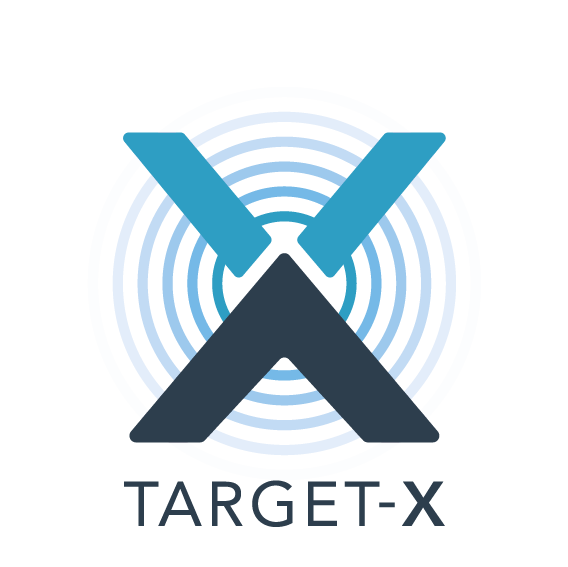
Started at: 01-01-2023
Ends on: 30-06-2025
Budget: € 13 162 555.38
Areas: Mobile Wireless Internet (MWI), Software Networks (SN)
The fifth generation of wireless technology (5G) has arrived and is being rolled out globally. First industrial sectors, such as manufacturing, are testing the capabilities of 5G, showing great potential for ubiquitous connectivity. With the sixth generation (6G), wireless communication will bring new features, improved performance, and functional benefits to several industrial sectors.
The TARGET-X project envisions accelerating the digital transformation of key verticals: energy, construction, automotive, and manufacturing, using large-scale trials in multiple testbeds. By demonstrating, validating, and evaluating the potential of 5G/6G in real environments, the most advanced 5G/6G technologies, such as real-time communication, localization, self-description, digital twinning, and sensor-network data fusion, can be tested and evaluated. The focus of the evaluation is on KPIs and especially KVIs, such as sustainability, safety, security, and privacy. Based on these KVIs, new business models and a methodological assessment framework for economic and societal evaluation will be developed. The development of the solutions will be supported and guided by the TARGET-X community, a network of SMEs, IT- and OT-partners, and up to 100 FSTP projects, bringing together a strong consortium with SMEs and innovation drivers. To reach TARGET-X’s goals, a selection of use cases will be established for all verticals in the existing 5G testbeds. Particularly, TARGET-X offers five different testbeds on two of the largest European test facilities for smart production and automotive driving: The 5G-Industry Campus Europe in Aachen, Germany, and the Idiada Automotive Testbed close to Barcelona, Spain. Five testbeds will be implemented within these trial sites: Automotive, Manufacturing, Robotics, Construction, and Energy.
Within the project, the i2CAT Foundation will lead Work Package 4, “Automotive”, in which the project’s partners will evaluate how challenges emerging from novel automotive use cases can be tackled with novel 6G concepts. Vehicular communications are important on mobile networks, as they feature de-facto mobility and often concern critical or safety communications. The specific requirements of several use cases, like the extension of the compute continuum to vehicles or the massive collection of data from cars to enable cooperative perception, as well as the creation of digital twins, will be analysed. Novel approaches for radio-aware management and orchestration of services and resources will be evaluated, and a series of services and a toolset will be implemented to be able to deploy the use cases in IDIADA’s 5G-enabled testbed.
Scientific:
Economic:
Societal:
Funded by the European Union. Views and opinions expressed are however those of the author(s) only and do not necessarily reflect those of the European Union or the Smart Networks and Services Joint Undertaking as granting authority. Neither the European Union nor the granting authority can be held responsible for them.
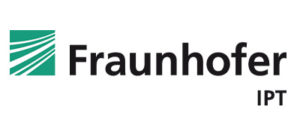

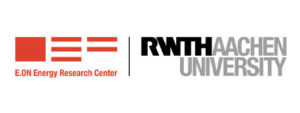

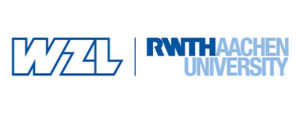
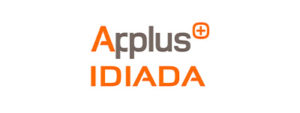

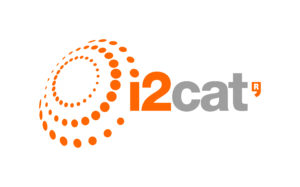
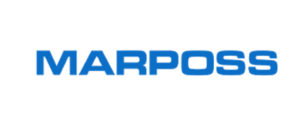








TARGET-X project has received funding from the Smart Networks and Services Joint Undertaking (SNS JU) under the European Union's Horizon Europe research and innovation programme under Grant Agreement N° 101096614